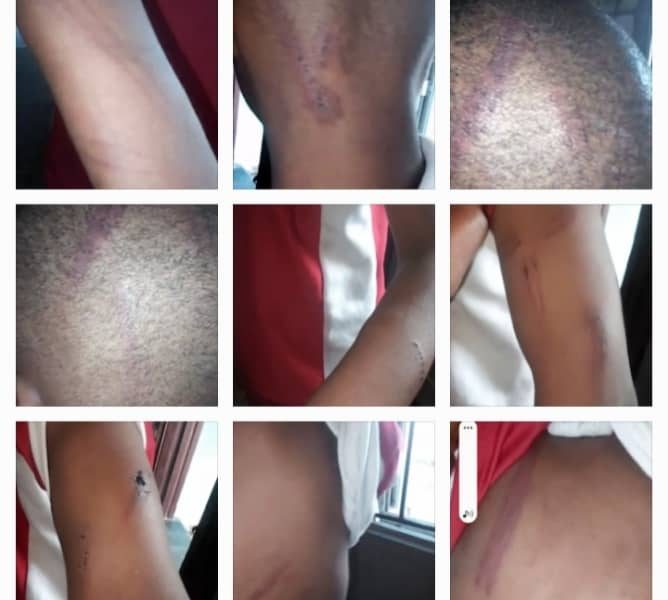Children are blank pages, and it’s the parents’ responsibility to teach appropriate behaviors and life skills, and help them learn right from wrong. At one point or another, this will likely involve employing some form of discipline to teach children why they should not repeat certain actions in the future. While there are many different schools of thought when it comes to discipline and the methods that are most effective, none should ever toe the line of child abuse or come close to harming the child in any way.
From the context of discipline, especially from the background of an African parent, proper discipline entails reprimanding, yelling, threatening and punishing a child. Against this, there’s a compelling need to separate discipline from child abuse. Discipline must be looked from the perspective of teaching, not punishing. It’s when parents start to employ the latter that the potential for harm to the child starts to become a possibility. Lack of self regulation while disciplining a child can turn punishment into abuse. Parents must ensure that their discipline methods remain firmly outside the realm of abuse.
Few weeks ago at RoyalQuest Schools, we had a case of a child who was seriously bruised by his caregiver. This was noticed by the school HM who interviewed the child, took a video of the bruises and immediately alerted the school administrators. It was a horrid case of abuse that left the child’s entire body bleeding with injuries and sores (Pictures displayed). It was gathered that it was not the first time that such was noticed , though not as much as it was that day. The child also revealed that he has always been beaten, flogged and tortured by this family whom he stays with as their domestic help. That child’s life is gradually getting damaged as he could hardly talk that very day and he is always withdrawn in class activities. The case has been reported to the authorities concerned and measures, though slow, are being taken against the family.
Living in a home where domestic abuse happens can have a serious impact on a child’s or a young person’s mental or physical wellbeing, as well as their behaviour, and this can last into adulthood. One can begin to wonder how damaging it can be when a child becomes the direct victim of domestic abuse.
Much as discipline is very necessary and an indispensable part of a child’s upbringing, abuse is forbidden and should be given zero tolerance in any setting.
The signs of child abuse aren’t always obvious, and a child might not feel able to tell anyone what’s happening to him or her. Sometimes, children don’t even realise that what’s happening to them is abuse. It is one of the duties of schools to spot an abuse, report it and protect the child’s health, future and mental well being. Schools should see this as a fundamental responsibility. Teachers should be well trained on this especially in the aspect of differenting between discipline/abuse and taking necessary actions when abuse is the case. Parents and Caregivers should also be enlightened on the best approach to train a child especially those parents whose intentions are pure but are merely ignorant. Agreed, we cannot spare the rod and spoil the child but we can damage the child and spoil the future with the rod. Self regulation cannot be over emphasized!
Government involvement in this should not be down played. The emergence of the Child Right Act of 2003 was enacted to curb the prevalence of the menace of Child Abuse. But sadly, the Child Right Act has not been effectively enforced by our legal system and the authorities in Nigeria incharge of this are either not committed, too beaurocratic, sentimental or too slow to act. Nigerian government should set up or empower already existing organisation(s), primarily to cater for the welfare of victims of child abuse as well as protect the interest of the reporters in such cases.
It is the collective responsibility of parents, schools, society and government to protect our children from abuse of any sort.
Thank you.
Amara Ann Unachukwu.
Proprietress, RoyalQuest Schools


